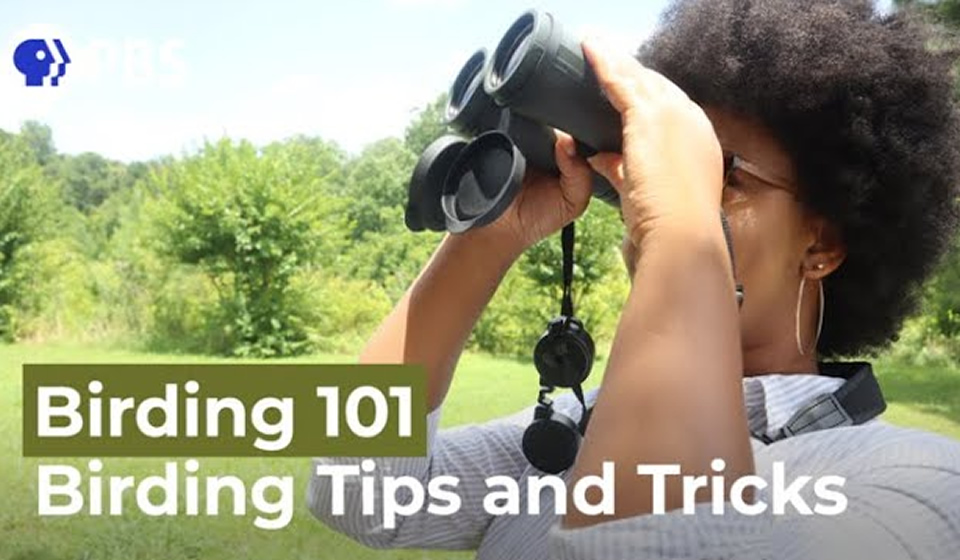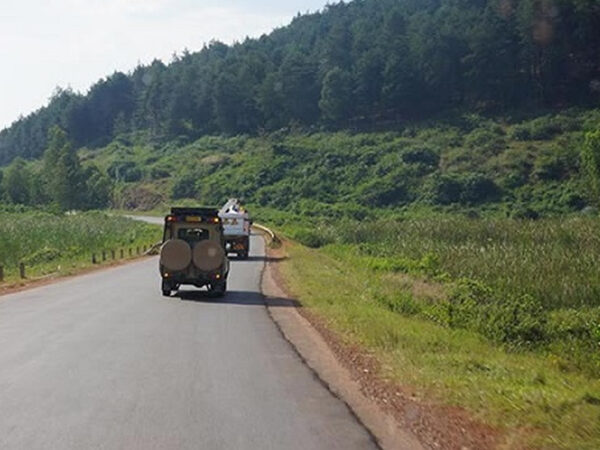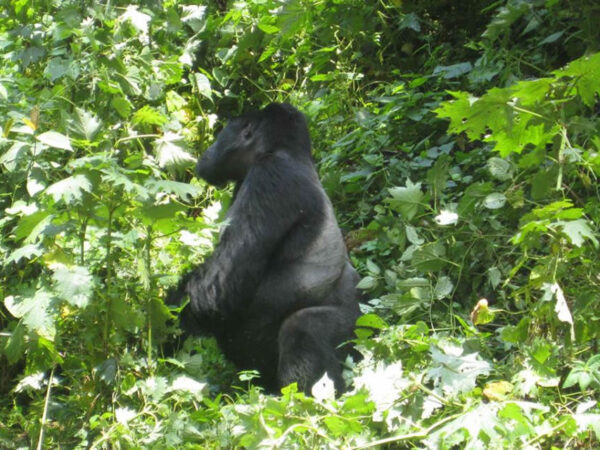
10 Birding Tips for Beginners
Would you like to go bird watching? Here are some tips for beginners:
1. Come out Early: The “early bird” catches the greater amount of birds in their natural habitat. If you are really keen on sighting and observing the maximum number of birds that Africa has to offer, you should ideally start early in the morning, that’s when they are the busiest.
2. No dazzling clothes: You don’t want to give away your location and you certainly don’t want to distract the birds that you are going to observe. Brightly colored apparels are easily noticeable when amidst bushes and remember, birds have a finer eyesight than humans…this means they can spot you very easily, especially if you are lit like a halogen bulb in the middle of the runway at night.
3. Shush: Don’t make a noise or you will scare away the poor birds. No loud chatter when you are watching birds…if you have to communicate with the others, make sure you speak in muted volumes.
4. Stick to the trail: Your guide will help you get situated at the right spots where you can observe birds without worrying them by getting too close. If you stray from the trail and the group, chances are that you will have poorer luck than them in finding some particular and more exotic birds….
5. Grab a good field guide: Make sure you can tell your Grebe from petrels…you can manage that only once you familiarize yourself with the birds of Africa, and studying a good field guide beforehand is a genius move.
6. Take notes and make sketches: Even before you brush up your skills with the field guide, make sure to keep an eye on details, crest, beak, coloring, markings…these will help not only to tally and compare notes with the rest of the gang, but also enhance your skills as a birdwatcher.
7. Focus: If you don’t focus while you are observing the birds, there are chances that while you look down into your journal for notes, the bird has given you the miss and flown away…
8. Use telescopes for long range: This is especially for the high profile birdwatchers, and for birds that are very cautious and refuse to come anywhere within a mile of human territories.
9. Learn up the different bird calls: This way, even if you can’t see the bird, you can identify it by way of its call and spot it sooner or later if you can just identify the source of the call.
10. Get a good binocular: The most important factor. You need a good pair of binoculars so that you can make the best of the bird watching opportunities.
It naturally follows that you need to know about binoculars so that you can make a correct and favorable choice…


